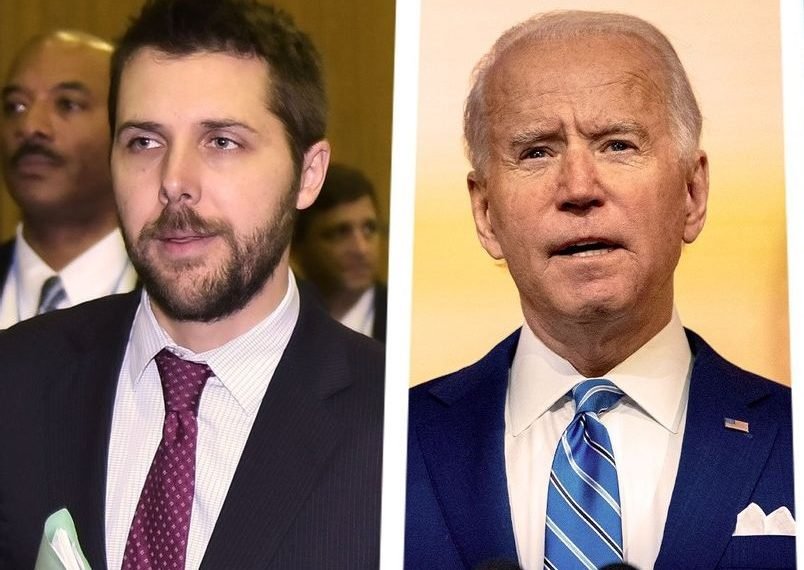The Director of President-elect Joe Biden’s National Economic Council, Brian Deese has warned that the US economy is “spiralling downward” and has called for swift action to address vulnerabilities that the global pandemic has drawn into focus.
The President-elect’s top economic adviser added that the incoming administration’s $1.9 trillion spending plan would generate “the kind of robust recovery we need.”
Mr Biden’s proposal includes more direct payments to households, an expansion of jobless benefits, more money for state and local governments and an expansion of vaccinations and virus-testing programs.
It also calls for a $15 federal minimum wage, up from $7.25, higher taxes and more regulations. Those initiatives have already drawn criticism from some Republicans who have said that, the proposals are far removed from an emergency effort to shake off the effects of the coronavirus on the economy.
“We are at a very precarious moment. The economy and the virus are spiralling downward; Now is the time to act.”
Brian Deese
President-elect Biden will need at least 10 Republican senators to successfully push through the stimulus at the rapid pace that he has called for. His National Economic Council Director expects him to win support despite some of the proposals being seen as a non-starter for Republicans.
The plan is “a colossal waste and economically harmful,” Republican Senator Pat Toomey said earlier. The Pennsylvania lawmaker added that some of the measures could slow down recovery in the labour sector.
“The ink on December’s $1 trillion aid bill is barely dry and much of the money is not yet spent.”
Sen. Toomey
Mr Deese said the Biden proposal addresses vulnerabilities in the US that Covid-19 has highlighted.
For example, increasing the minimum wage will provide “concrete and direct” support to Americans and providing relief to public transit systems will “avoid diminished service and diminished support” once the US emerges from the crisis, he said.

The plan also includes measures to address weaknesses in the cybersecurity, revealed by last year’s huge hack of government systems. With so many federal operations being handled online amid COVID restrictions, Mr Deese said the systems needed to be secured immediately.
President Biden is negotiating for the Senate to make time to conduct an impeachment trial on President Donald Trump, confirm his cabinet and other appointees, and pass the sweeping stimulus bill at the same time.
“We do have multiple crises, we have a lot of pressing business facing the country. So certainly we understand and expect that the Senate is going to act on its constitutional duty…There is precedent.”
Brian Deese
Meanwhile, President-elect Biden’s incoming White House press secretary, Jen Psaki has intimated that his administration does not intend to lift coronavirus travel restrictions for Europe, the U.K., Ireland and Brazil.
The message came after the White House said President Donald Trump had lifted the restrictions for those countries, effective January 26.
“On the advice of our medical team, the Administration does not intend to lift these restrictions on January 26. In fact, we plan to strengthen public health measures around international travel in order to further mitigate the spread of COVID-19.”
Jen Psaki
President Trump imposed the travel restrictions early in the pandemic to slow the spread of the coronavirus to the U.S. The restrictions prevented most people without American citizenship or residency from traveling to the U.S. from the affected regions.



















